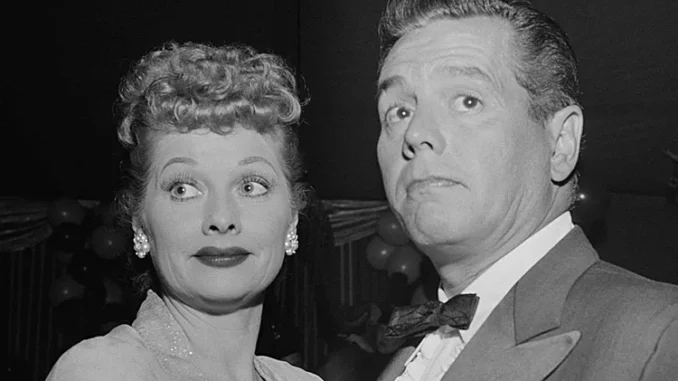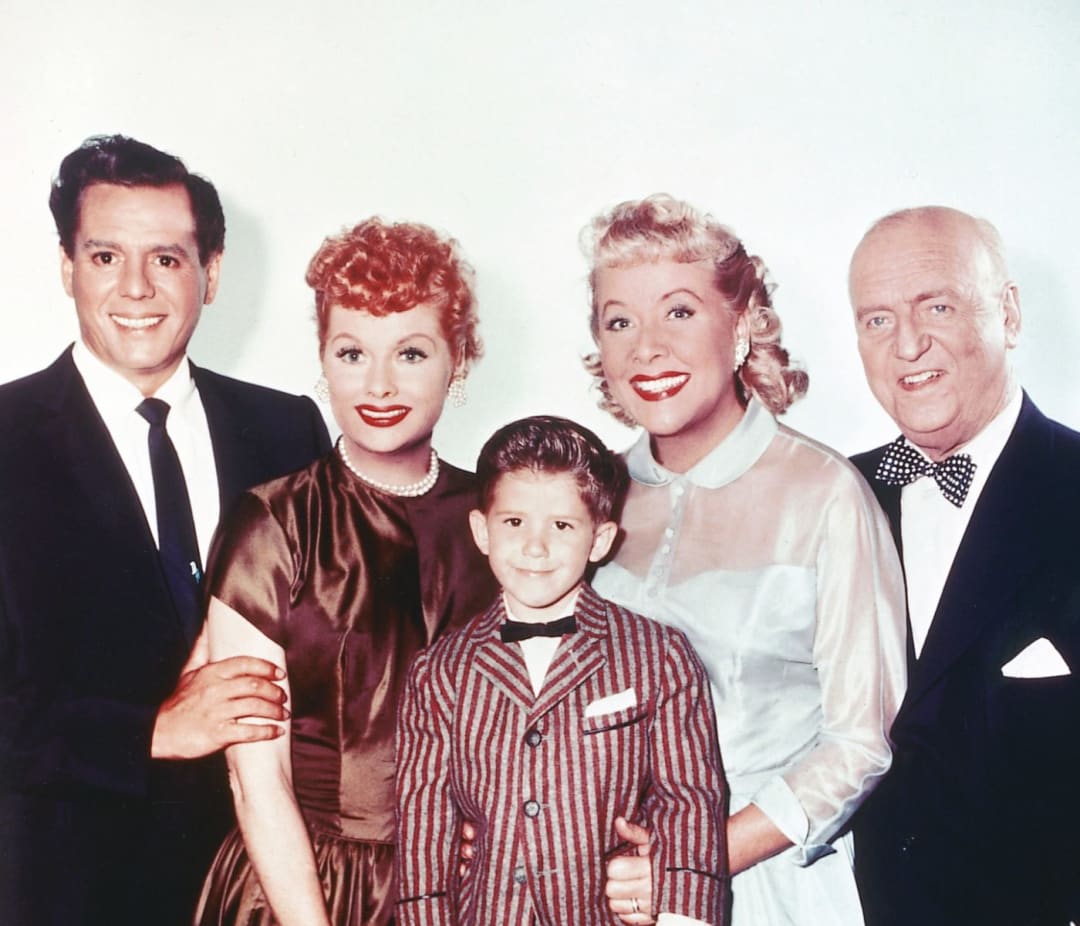
Nearly five decades after her breakthrough role in one of television’s most influential sitcoms, a star from I Love Lucy continues to embody the timeless warmth that defined the show’s legacy. As she celebrates 49 years of marriage, her story serves as a reminder of how the spirit of love and loyalty that shaped the 1950s classic still resonates with audiences today. The milestone is not only a personal achievement but also a reflection of a life spent balancing fame, family, and authenticity.
The celebration, marked quietly with close family and friends, underscores the contrast between Hollywood’s transient relationships and enduring personal commitment. The actress — now well into her senior years — has remained a symbol of grace within an industry often characterized by reinvention and impermanence. Her enduring partnership stands as a testament to stability, echoing the themes of companionship and humor that made I Love Lucy a cultural phenomenon.
When I Love Lucy first premiered in 1951, it revolutionized television comedy. Its blend of slapstick, domestic humor, and heartfelt emotion created a formula that would influence decades of sitcoms to come. Central to its success was not just the chemistry between Lucille Ball and Desi Arnaz but the ensemble’s shared sense of timing and authenticity. Many supporting cast members became household names, carrying the spirit of the show long after it ended. For one of its surviving stars to celebrate nearly half a century of marriage is a poignant continuation of that legacy.
Throughout her post-Lucy career, the actress maintained a deliberate distance from the spotlight. She appeared occasionally in stage productions and television cameos but chose to prioritize family and community over public visibility. Her marriage, a partnership rooted in mutual respect and shared values, became the quiet foundation of her later life. Friends and colleagues have often described her relationship as a model of endurance — a rare constant in an industry defined by change.
The 49-year milestone arrives at a moment when I Love Lucy is experiencing renewed cultural interest. With the continued success of streaming platforms, the show has found a new generation of viewers who appreciate its comedic precision and emotional honesty. Restoration projects have made high-definition versions of the episodes widely available, allowing audiences to rediscover the artistry of early television production. The actress’s ongoing visibility within fan conventions and archival projects reinforces the idea that classic television continues to inspire affection and nostalgia.
Her marriage anniversary also invites reflection on the show’s broader cultural impact. I Love Lucy was groundbreaking not only for its humor but for its representation of partnership — both on and off screen. Lucille Ball and Desi Arnaz’s creative and personal relationship challenged conventions, merging art and business in ways that still shape Hollywood production models today. The actress’s own long-term marriage mirrors that enduring ideal: love as both commitment and collaboration.

Beyond its entertainment value, I Love Lucy symbolized an era of optimism. It depicted ordinary life through the lens of comedy, offering audiences escapism without cynicism. In an age of increasingly fragmented storytelling, the simplicity and sincerity of that formula continue to hold power. The actress’s life story — defined by consistency, humor, and compassion — mirrors the show’s enduring charm. Her marriage anniversary, therefore, becomes not just a personal event but a cultural milestone, linking television’s past to its present.
Industry observers often note that the endurance of I Love Lucy lies in its timeless humanity. The physical comedy and quick-witted dialogue remain relevant because they are grounded in universal emotion. Similarly, the star’s 49-year marriage resonates not because of celebrity status, but because it reflects the values the show celebrated — resilience, laughter, and unconditional support.
As the entertainment landscape continues to evolve, anniversaries like this remind audiences of television’s power to shape collective memory. While new platforms and genres emerge each year, the foundational influence of early sitcoms endures. The actress’s continued presence — modest yet dignified — bridges generations of viewers who find comfort and joy in revisiting the classics.
In celebrating nearly five decades of marriage, she embodies the same spirit of optimism that I Love Lucy introduced to the world. Her life, like the series itself, stands as proof that humor and love remain the most enduring forms of art.